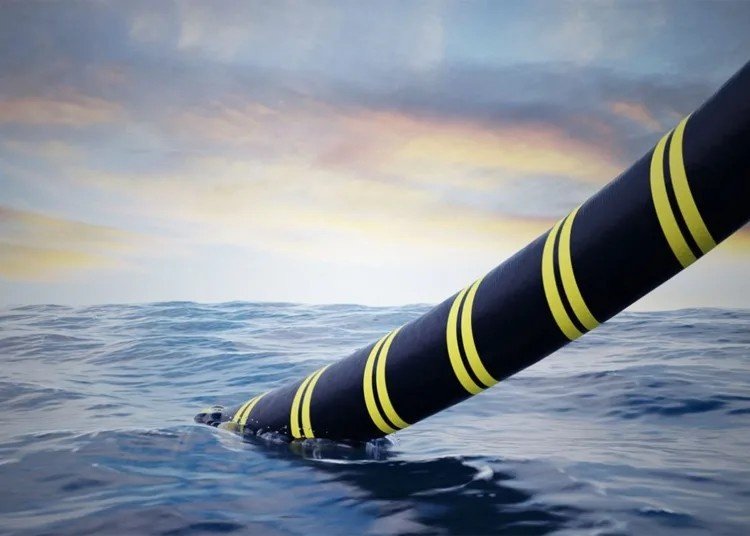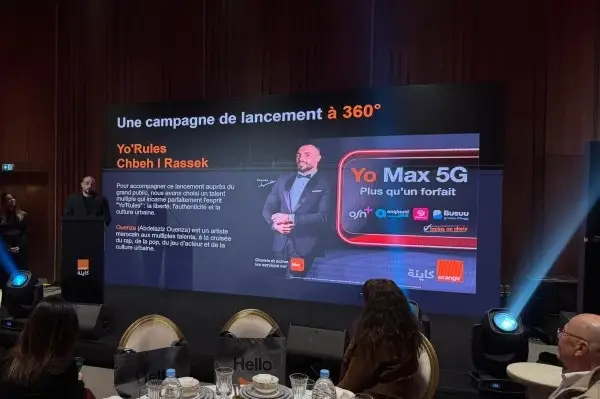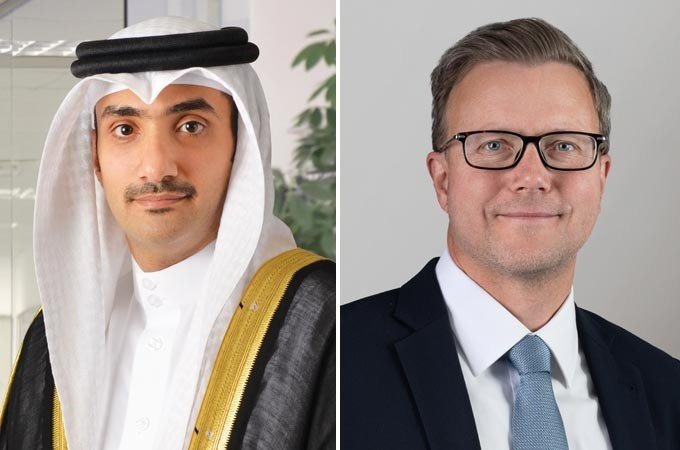Nokia has won the contract to provide advanced technology for the Medusa submarine cable project, a major digital infrastructure initiative spanning 8,700 kilometers across the Atlantic coast, Mediterranean Sea, and Red Sea. The Finnish telecom giant will supply its 1830 GX platform and ICE7 coherent optics, enabling ultra-high-speed transmission of up to 20 terabits per second per fiber pair with low latency and energy efficiency.
The Medusa cable system, with a total capacity of 480 terabits per second across 24 fiber pairs, will connect Southern Europe (Cyprus, Greece, France, Portugal, Italy, Spain) with North African countries including Morocco, Algeria, Tunisia, Libya, and Egypt. With a €342 million investment, partly funded by the European Union, the project aims to bridge the connectivity gap between Europe and North Africa, supporting faster, more reliable internet services and enabling access to advanced technologies such as 5G and AI throughout the region.
Designed as an open-access infrastructure, Medusa will support regional telecom operators with enhanced bandwidth to meet growing demands for cloud services, 5G deployments, and AI-driven applications. Key connection points include Morocco’s Nador and Tetouan to Marseille in France.
Earlier agreements with Moroccan operators Inwi and Orange Morocco demonstrate the cable’s strategic importance in strengthening trans-Mediterranean connectivity and broadband capacity.
Alcatel Submarine Networks (ASN), a Nokia subsidiary, serves as the technical partner for cable construction and installation. The project, launched in 2022, has completed route planning, environmental assessments, seabed inspections, and equipment validation. Sea deployment commenced in 2025, with commercial service expected from 2026.
Studies indicate that increasing submarine cable capacity like Medusa typically reduces mobile broadband costs by 30-50% and enhances network reliability in regions frequently affected by cable failures.
Morocco’s next phase includes building infrastructure to connect to the cable in Arekmane, Nador province, ensuring seamless integration into the broader network.















